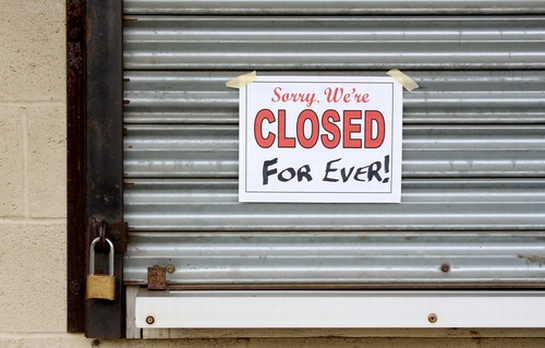Here’s a list of some of the most common “silent killers” that are decreasing the value of the businesses we evaluate:
1. Customer Concentration
Strive to have a diversified customer base so that no one customer makes up more than 15% of your revenue.
2. Declining Gross Margin
If your gross margin is dropping as you grow, a professional buyer may draw the conclusion that your competitive advantage is weakening and you’re having to compete on price to win customers.
3. Supplier Over-dependence
Seek to have a variety of sources for your raw materials. If you’re forced to buy from one supplier, their negotiating leverage over you can drag down your company’s value.
4. Sloppy Books
Keep your books clean. Nothing scares off a buyer faster than shoddy, inaccurate bookkeeping.
5. Regulated Markets
If you operate in a market where a change in government attitudes towards your industry can dramatically impact your business, expect buyers to get cold feet.
6. Employee Flight Risks
If you have a handful of key employees, make sure they are locked into some sort of incentive plan that rewards them to stay beyond the sale of your business.
7. Owner Dependence
Strive to ensure that your company runs well when you’re on vacation. After all, for a business to be valuable to someone else, it needs to survive when you’re gone for good.
8. One-off Revenue
Try to create recurring revenue through subscriptions and service contracts so a buyer can see where solid sales will come from in the future.
9. Bad Buzz
Try to ensure that the majority of your customers are willing to recommend your business. A buyer can and may check the satisfaction level among your customers before making an offer.











